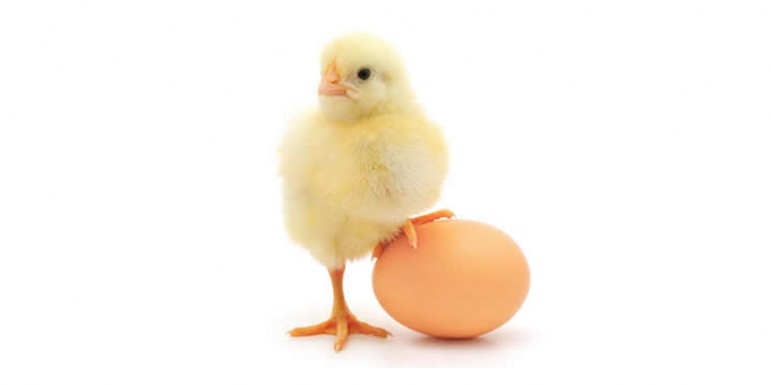
The egg, the chicken and man
HAVANA — Our astute readers should know from the start that I’m not trying to reinvent the wheel and that I’m writing this as a simple anti-Alzheimer’s exercise, as an excursion into daily life here. I’m just engaging in a sort of verbal calisthenics: the affairs of State and the state of affairs.
I confess that I felt I was living a moment similar to the memorable scene in The Godfather II when Michael Corleone (Al Pacino) saw the brave underground combatant die without regrets and realized that the Mafia’s bid for Cuba was futile.
Havana without eggs. It sounds harsh, but that’s the way it is. Something is happening that makes supplies unstable and the vendors’ hedging — “today, yes” or “tomorrow, maybe” or simply “no” — is forcing us to recall that socially objectionable habit in the 1960s that had a sinful name: hoarding.
This past Monday in June, eggs were absent throughout the Playa municipality. By a stroke of luck (which even atheists would describe as a miracle), I saw a truck delivering the prized cargo to an unregulated grocery story at 30th and 33rd avenues.
Stacked up inside were about 15 plastic boxes with a similar number of cartons inside each. White, beautiful eggs in orderly formation, ready for the fatal plunge into the frying pan.
I asked the young man behind the counter for a carton. His answer was sharp, without any space for recourse.
“I have to count them, one by one. Come back this afternoon … maybe tomorrow.”
Then I recalled the cold and analytical Corleone and immediately realized I was in a losing battle.
Didactic man that I am, I told the young man an incident that I witnessed at a wholesale market in Guatemala City. I was accompanied by a relative who had lived most of his life in that Central American nation, yet has not lost a smidgeon of Cubanness.
A fortress on wheels rolled into the market grounds. It was a Freightliner, similar to the ones that the Cuban Army brought out after a devastating hurricane, loaded with roof tiles for distribution to families with damaged roofs and protected by soldiers toting assault rifles. This one was carrying plantains called “viandas.”
Like Chaplin in “The Gold Rush,” we saw only the golden tostones those plantains would become in our kitchen.
In less than 10 minutes, the load of plantains was sold to retailers, one of whom sold us a bunch, with a courteous flourish.
How was everything done so quickly, so efficiently, without damaging a single plantain?
In a nutshell, thanks to the economic incentive, a huge umbrella that protects the conditions needed to serve the community the way that God intended.
The young salesman listened to my narrative but the message entered his right ear and shot out the left with an unknown destination. Well, he’s young and lacks responsibility, because he simply has not sense of permanence and will get paid the same salary whether he sells the products or not.
We’ll have to speed up, with new methods, this diabolical process that begins when the chicken lays an egg or a farmer plants onions. We need to co-op or privatize the channels of production or service, so the government won’t stick its nose into them, except to curtail abuse.
It’s a pity that, at the highest levels of government, there are still bureaucrats who don’t want people to make money honestly, through their hard work. That’s the reason that taxes were created, even before the wheel was invented.
If the state of affairs that I yearn for ever comes to pass, there will be no need to count eggs or days for the good times to return.


